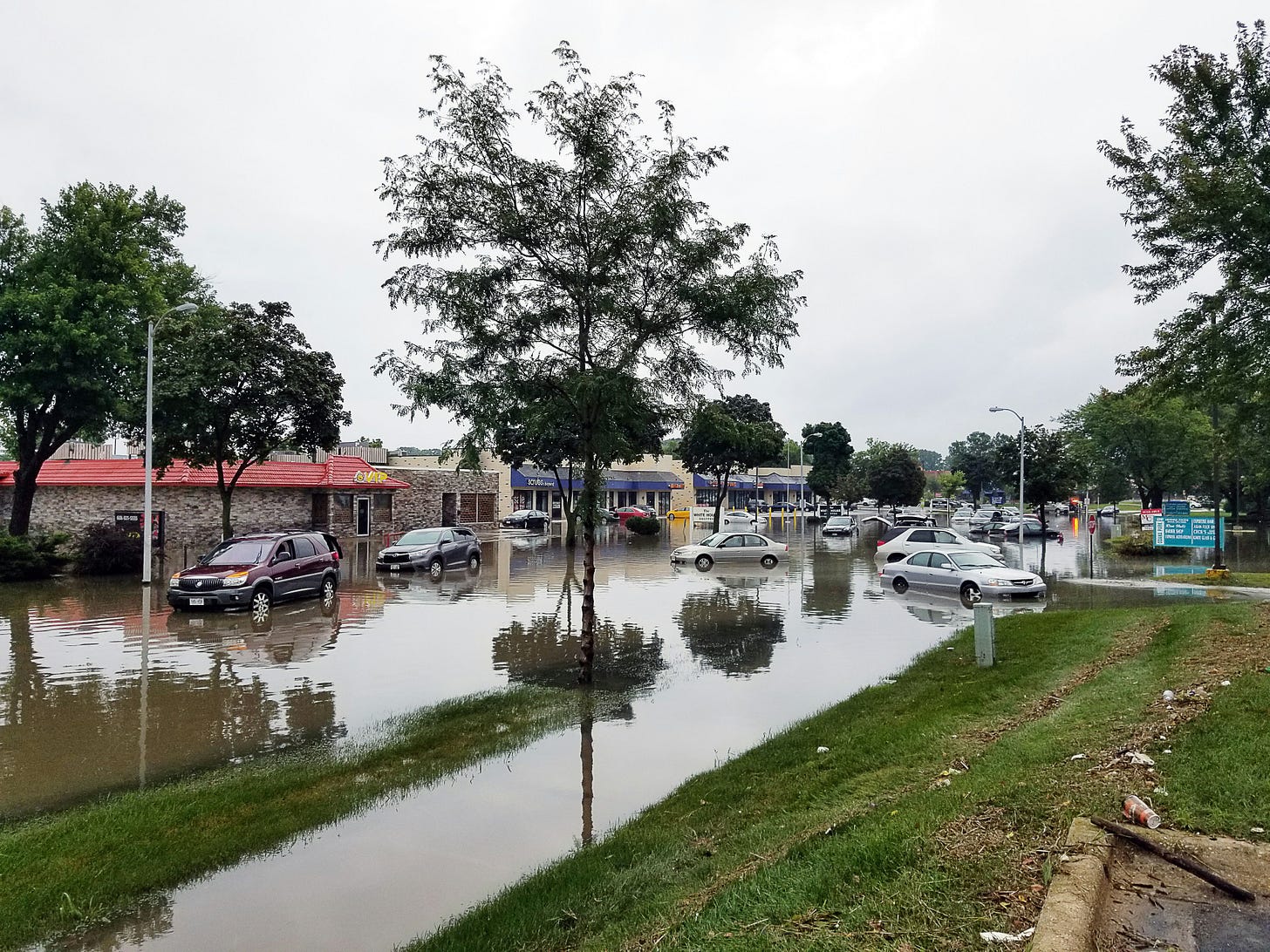How To Prevent a State-Wide Emergency
After last year's historic flooding in the Hudson Valley, some politicians continue to demur about the cost of land preservation, putting the economy above your health and safety.
How do you like these more frequent baby tornados (microbursts)?
How about the near-constant threat of flooding whenever a simple thunderstorm rolls by?
I used to love thunderstorms. They were beautiful, relaxing to listen to, and fun to watch. But rarely was there a threat to our collective health and safety when they occurred.
Now, whenever there's a thunderstorm WATCH, everyone thinks about the trees that could come down on their house.
Or the high winds that could blow out their windows.
Or the flooding that neither FEMA, our state government, nor the insurance companies seem to want to pay for regarding the damage your home may suffer.
Are you taking climate change seriously yet?
This is not going to go away or somehow get better. To put it in terms my Haredi friends would appreciate, Hashem will not provide.
It's Up To Us To Fix It
Every year, the planet warms, and the storms, heat, and flooding will worsen. I don't mean to scare you, but I know many people are afraid. I see news repor…



